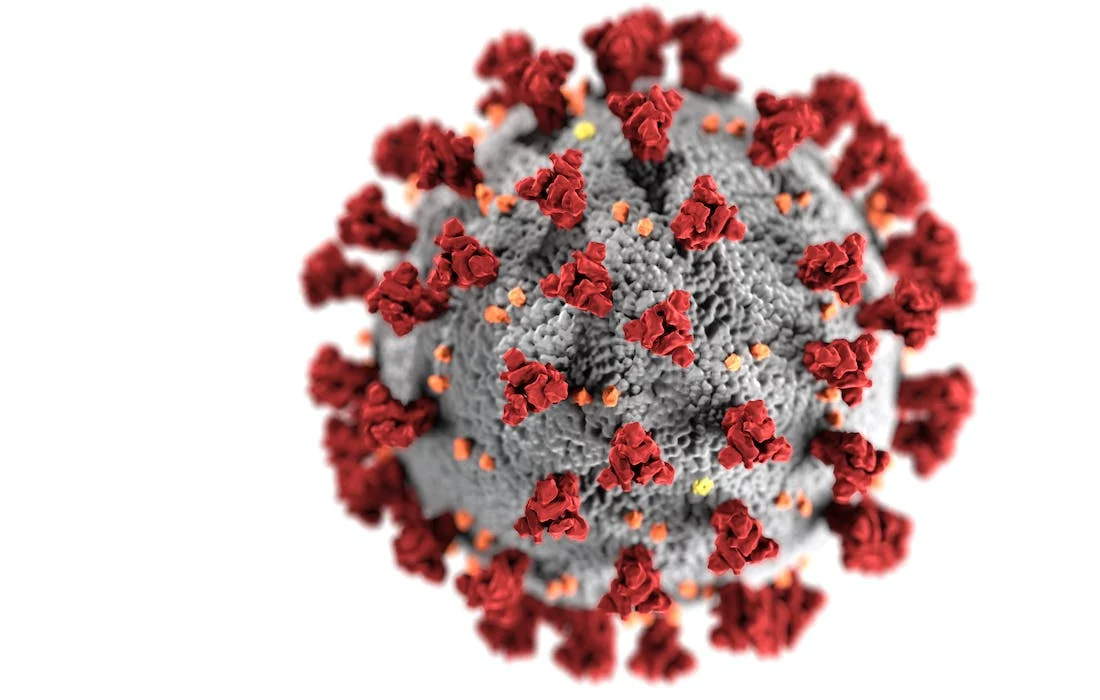Regenerative Medicine News and General Information
Underlying Cause of ‘Brain Fog’ Linked With Long COVID Discovered
Today, a team of scientists from Trinity College Dublin and investigators from FutureNeuro announced a major discovery that has profound importance for our understanding of brain fog and cognitive decline seen in some patients with Long COVID.
In the months after the emergence of the novel coronavirus SARS-CoV2 in late 2019 a patient-reported syndrome termed Long-COVID began to come to the fore as an enduring manifestation of acute infection.
Long COVID has up to 200 reported symptoms to date, but in general patients report lingering symptoms such as fatigue, shortness of breath, problems with memory and thinking and joint/muscle pain. While the vast majority of people suffering from COVID-19 make a full recovery, any of these symptoms that linger for more than 12 weeks post infection can be considered Long COVID.
Long COVID has now become a major public health issue since the outbreak of the pandemic in 2020. While international incidence rates vary, it is estimated to affect up to 10% of patients infected with the SARS-CoV2 virus. Of these patients suffering from Long-COVID, just under 50% of them report some form of lingering neurological effect such as cognitive decline, fatigue and brain fog.
Now, the findings reported by the Trinity team in the top international journal Nature Neuroscience showed that there was disruption to the integrity of the blood vessels in the brains of patients suffering from Long COVID and brain fog.
This blood vessel “leakiness” was able to objectively distinguish those patients with brain fog and cognitive decline compared to patients suffering from Long-COVID but not with brain fog.
The team led by scientists at the Smurfit Institute of Genetics in Trinity’s School of Genetics and Microbiology and neurologists in the School of Medicine have also uncovered a novel form of MRI scan that shows how Long-COVID can affect the human brain’s delicate network of blood vessels.
In recent years, it has become apparent that many neurological conditions such as Multiple sclerosis (MS) likely have a viral infection as the initiating event that triggers the pathology. However, proving that direct link has always been challenging.
Prof. Campbell, Professor in Genetics and Head of Genetics at Trinity, and Principal Investigator at FutureNeuro, added: “Here, the team at Trinity was able to prove that every patient that developed Long-COVID had been diagnosed with SARS-CoV2 infection, because Ireland required every documented case to be diagnosed using the more accurate PCR-based methods. The concept that many other viral infections that lead to post-viral syndromes might drive blood vessel leakage in the brain is potentially game changing and is under active investigation by the team.”
Sources:
Chris Greene, Ruairi Connolly, Declan Brennan, Aoife Laffan, Eoin O’Keeffe, Lilia Zaporojan, Jeffrey O’Callaghan, Bennett Thomson, Emma Connolly, Ruth Argue, Ignacio Martin-Loeches, Aideen Long, Cliona Ni Cheallaigh, Niall Conlon, Colin P. Doherty, Matthew Campbell. Blood–brain barrier disruption and sustained systemic inflammation in individuals with long COVID-associated cognitive impairment. Nature Neuroscience, 2024; DOI: 10.1038/s41593-024-01576-9
Trinity College Dublin. (2024, February 22). Underlying cause of ‘brain fog’ linked with long COVID discovered. ScienceDaily. Retrieved February 26, 2024 from www.sciencedaily.com/releases/2024/02/240222122347.htm
Photo by CDC from Pexels: https://www.pexels.com/photo/coronavirus-3992933/

